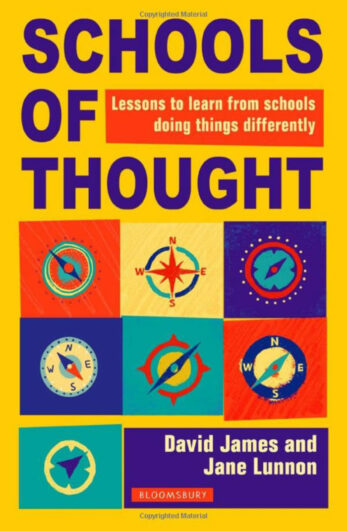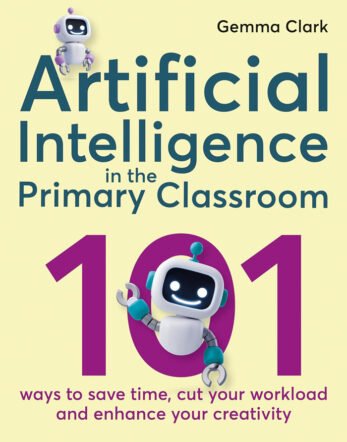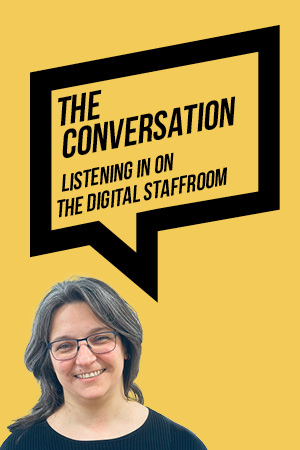One of the things I love about blogs is the opportunity to read posts that stimulate (ideally) polite, respectful and committed debate.
For my selection this week I have chosen four, by three different authors, on educational technology. It is a complex and contested area; reading these posts is helping me to develop better-informed views on the role ed tech can play in education, with potential challenges and suggested strategies for addressing them.
Beyond banning – what are schools to do about social media?
Picardo suggests that this particular genie is fully out of the bottle; social media has transformed the way we communicate and interact, and not addressing this in schools (and at home) is naive and disingenuous. “Students entering secondary education in the past five years would not have known life before social media.” Furthermore, he asks us to consider how, in schools and as parents, we are modelling responsible and appropriate use of social media. He concludes: “Let’s not forget that, despite the many dystopian predictions, people have always managed to integrate technology in their lives with overwhelmingly positive results. Sure, there will be challenges as well as opportunities. This is why children need our guidance.”
Why the behaviour argument against mobile devices in schools is flawed
In this post, Picardo says why the blanket banning of mobiles in school may be short-sighted. He begins by referring to recent research from the London School of Economics (LSE) that suggests pupils in schools that ban mobiles achieve better results than those in schools where mobiles are not banned. He presents the alternative view that, as long as mobile use in schools is planned and carefully considered, properly structured and controlled, it can be a significant asset rather than a disruption. Mobile phones are now part of our lives and, where school pupils are concerned, “forcing students to enter an alternative reality every morning where the mobile internet doesn’t exist is probably not the answer”. He advocates “a strict behaviour policy . . . high expectations with clear rules and sanctions” rather than a blanket ban.
Why we don’t allow mobiles in school
New head Hildrew explains why phones are banned in his school. He begins by explaining how much he values his own phone, while recognising that it can be “a huge productivity vacuum” and, if he wants to get anything done, he needs to ensure it is turned off and, preferably, in a different room. Given his conviction that, where mobiles are concerned, “the distraction factor far outweighs the benefit”, his school has decided on a ban. He also cites the LSE research as additional evidence to support his rationale, and references other studies to strengthen the claim that learning requires full attention and the absence of distractions – and that the use of mobile devices can be addictive and bring with it related safeguarding issues.
Finally, this blogger reflects on an anticipated week without technology – “from Monday 00:01 to Friday 15:30 no technology for teaching, planning, conversing with staff, research; in short, anything to do with school, education, teachers or teaching must be offline” – and what she envisages she might learn from this experiment. Considering how her professional life will change during this tech-free week leads her to examine why and how she normally uses technology in and out of the classroom and what the advantages might be of “connecting” without it. As she says: “I am resolved to be more present.” She relishes the thought of spending more time with real books, of focusing on teaching and learning rather than on an email tsunami, of communicating with colleagues face to face rather than electronically. She concludes: “Over and out 🙂 *in eight minutes that will be a real smile*”







Your thoughts